Customer story
Replacing fixed-route with microtransit in Medicine Hat
Goal
To provide Medicine Hat residents with a cost-effective and scalable microtransit solution to replace inefficient evening fixed-route service.
Overview
After evaluating the performance of its weekday evening bus service, Medicine Hat Transit (MHT) opted to cut timetables to the city’s north end. In order to continue servicing area residents and provide more flexibility, it launched a Spare-powered on-demand microtransit pilot in the fall of 2020 called MHTnow.
The service gives transit-dependent riders, in particular essential workers who may work off-peak hours, a reliable way to connect to Medicine Hat’s larger public transit system while safeguarding MHT’s bottom line through better optimization.
Following the successful launch of the service, MHT decided to expand on-demand microtransit from two neighborhoods to four, covering both the north and southern ends of the city.
- Partner
- Medicine Hat Transit
- Location
- Medicine Hat, Canada
- Launch
- September 2020
- Service type
- Microtransit
Challenges
Medicine Hat faces many of the same transportation challenges affecting other small cities in Canada and the United States.
- Ridership on MHT’s existing fixed-route evening buses was low, making them expensive to operate;
- Fixed-route evening service was slow and infrequent, negatively impacting the overall customer experience;
- Medicine Hat residents were unfamiliar with the on-demand concept prior to the launch of MHTnow;
- Due to municipal budget constraints, the microtransit project required federal funding through the Build in Canada Innovation Program (BCIP).
Solution
With MHTnow, the transit agency was able to replace underperforming, expensive bus routes with an on-demand microtransit service that is better aligned with the needs of transit users in the city’s north end.
Riders can request stops at destinations within the microtransit service zone or use MHTnow to easily transfer to the downtown transit terminal. Bookings are made through the MHTnow app or by calling a dispatcher. Spare then automates scheduling, routing and pooling. The app also allows riders to track their bus and be notified of its ETA.
MHTnow uses the transit agency’s existing wheelchair accessible bus fleet, allowing it to operate a completely new service without additional capital expenditures.
After the success of the MHTnow pilot, MHT expanded on-demand services to the city’s River Flats and South Hill neighborhoods. The new service zones cover a larger area, and shorten wait and travel times for commuters.
“MHTnow is a great example of how we're optimizing public transit so that we can continue to provide an essential service to our community, while also helping the city address financial challenges.”
Results
The launch of MHTnow boosted weekday evening ridership by 10%. The transit agency has observed a reduction in the number of active vehicle hours and the overall number of miles traveled, as well as an increase in the number of passengers per vehicle hour compared to the fixed-route service. By utilizing the funding from the BCIP to launch the program, MHT reduced its operating costs by 50%.
MHT has also been able to rapidly scale the on-demand service to two additional neighborhoods in the city delivering an average waiting time of five minutes from trip request to pickup.
- POOLED TRIPS
- 71%
- Boardings per vehicle hour
- 3
- VEHICLE KILOMETERS TRAVELLED
- -75%

